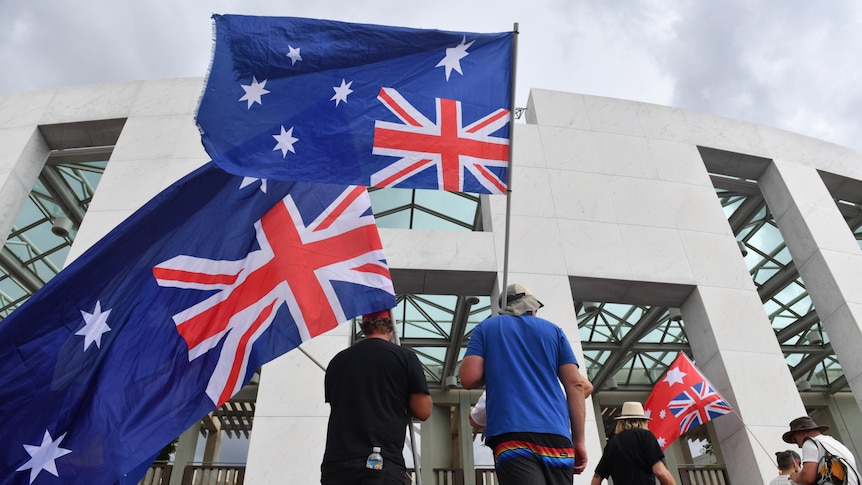
The Australian court system faces increasing challenges as the number of sovereign citizens rises sharply. This surge, influenced by the global financial crisis and the COVID-19 pandemic, has led to a significant uptick in the number of individuals attempting to assert their beliefs in courtrooms across the nation.
Sovereign citizens typically reject the authority of government institutions, claiming they are not subject to laws that govern ordinary citizens. According to data from the Australian Federal Police, the group’s numbers have grown substantially since 2020, with estimates suggesting that several thousand individuals now identify as sovereign citizens in Australia.
Impact on Judicial Proceedings
The influx of sovereign citizens has created notable disruptions within courts. Legal experts report that these individuals often engage in lengthy, frivolous proceedings, which consume valuable court resources. A recent survey indicated that around 30% of court time in certain jurisdictions is now occupied by cases involving sovereign citizens.
Judges and court officials express concern over the practical implications of this trend. Many cases are characterized by convoluted arguments and a lack of understanding of legal processes. In some instances, sovereign citizens have been known to file numerous motions and appeals, resulting in backlogs that hinder the timely administration of justice for all parties involved.
Legal professionals point to the need for increased awareness and education about the sovereign citizen movement. This includes training for judges and court staff to better handle cases involving these individuals. The Australian government is currently evaluating strategies to mitigate the impact on the judicial system.
Government Response and Future Outlook
In response to the growing issue, the Australian government is exploring potential measures to address the challenges posed by sovereign citizens. This includes enhancing communication and collaboration with law enforcement agencies. The Australian Federal Police have noted an uptick in investigations related to sovereign citizen activities, which often intersect with other criminal behaviors.
The future of the sovereign citizen movement in Australia remains uncertain. While some individuals may retreat from their claims as legal repercussions become clearer, others may continue to assert their beliefs, particularly in light of ongoing economic uncertainties and societal changes stemming from the pandemic.
As the courts navigate this complex landscape, the focus remains on ensuring that justice is served efficiently while addressing the unique challenges presented by sovereign citizens. The situation underscores a broader conversation about civil rights, legal obligations, and the responsibilities of citizenship in a democratic society.
Legal analysts emphasize that addressing the surge of sovereign citizens requires a multifaceted approach, combining education, legal reform, and community engagement. The ongoing developments will be crucial in determining how effectively the Australian court system adapts to this evolving challenge.







